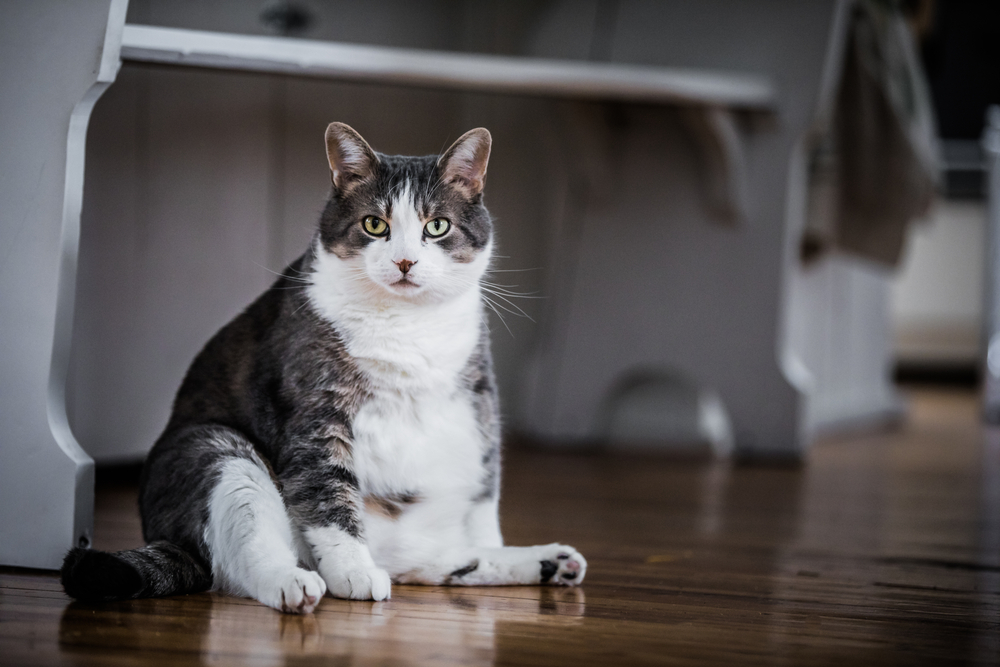Pet Weight Loss Facts: No Pain, No Gain?

Weight Loss is Confusing in the Pet World Too
In the world of diets and weight management, it’s hard to separate fact from fiction. One diet says to eat only healthy fats, while another says bacon is fine. One weight loss regime focuses on healthy protein, while another has you fasting on green smoothies. Confusing? Yes! We are seeing the same confusion around why pets gain weight and what they should eat.
It’s great to keep your pet at a healthy weight and avoid obesity, which causes many health problems. But, how does a pet owner gauge a healthy weight and the right approach to keeping fur friends on the right dietary track? The team at OVRS is here to separate fact from myths.
Is Your Pet Fat?
Most of us know that an obese animal carries risks similar to ours–heart disease, diabetes, and a shortened life. If your pet is bordering on chunky, a few good tips can help you figure out the fat from the fluffy.
- Ask your veterinarian at your next wellness exam for accurate input and recommendations.
- Use the BMI pet weight calculator or other online charts.
- Looking at your pet from the side, there should be a natural slope upward from the chest to the abdomen. Looking down at your pet, there should be a natural waist from the chest cavity to the hips.
Pet obesity is a serious issue, with more than 56-60% of all pets being overweight or obese. It’s important to learn more about the correct ways to manage weight for your pet’s health and happiness.
Myths About Pet Weight Loss
Some of the common myths about diet and pet weight loss are:
- People food is good for pets – Pets require a diet formulated for them, which factors in their breed and weight. Table scraps add more calories than is good for them.
- My pet is naturally chubby – No pet is genetically disposed to being overweight. Weight gain is caused by lack of exercise and eating more calories than needed.
- Pet treats are necessary – If your pet is struggling with weight, those biscuits add up. Use other manners of rewarding, such as extra attention and playtime (favorites) or a new toy.
- Low carb diets are good for weight loss – There is no evidence that this works for pets and it may be inappropriate for your pet’s dietary needs.
- Neuter or spay will cause weight gain – This is untrue. Lack of altering your pet actually increases health risks, such as certain cancers, and has no effect on your pet’s weight.
- My pet needs access to food all day – Your pet may want to graze at will, but is likely to gain weight by doing so. Get your pet used to a regular schedule when it comes to feeding, then control those portion sizes.
The Facts: Exercise and Nutrition First
It’s true that many of us wish for a magic potion to maintain weight, but the reality for all of us is that calories and exercise count. Metabolism, diabetes and other factors do play a part. Ultimately, though, your pet’s weight loss will be primarily determined by the balance of calories they eat in a day versus how many calories are burned through play and exercise. Reference the food guide on the back of your pet’s diet package. Keep those portions in check along with asking your veterinarian for help.
Keep your pet moving each day with 10-30 minutes of exercise that is suitable for their health and lifestyle. When not at home, provide games and toys that are interactive.
Have additional questions about your pet’s weight? We’d love to answer them.


